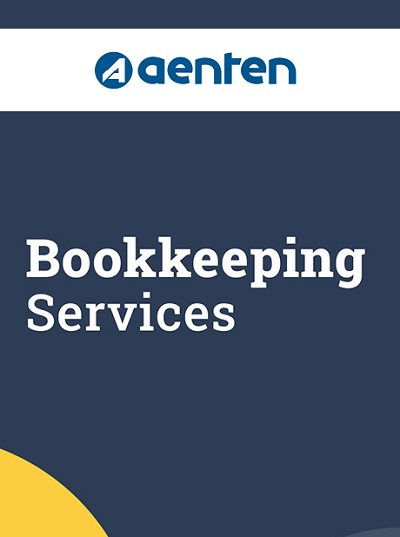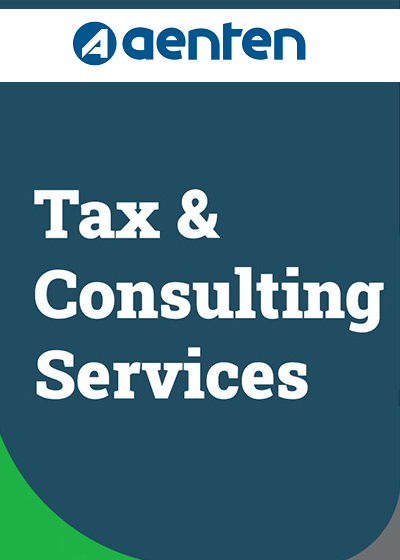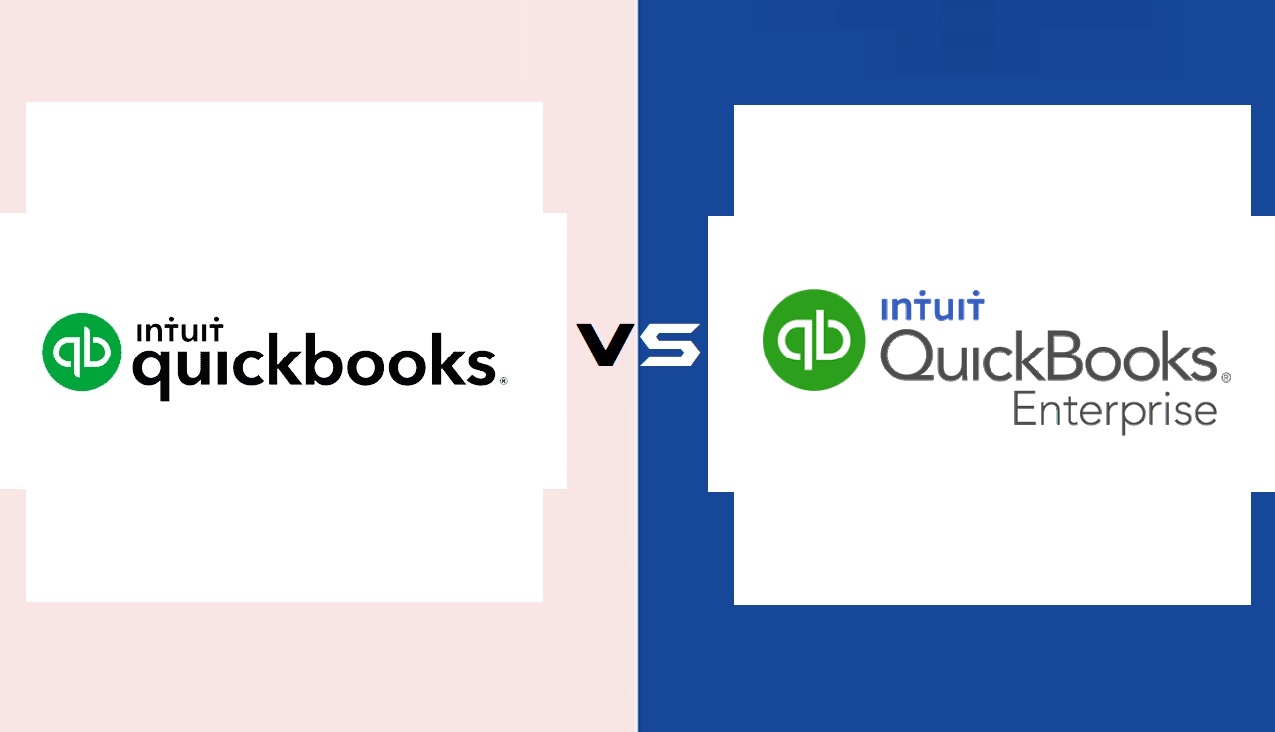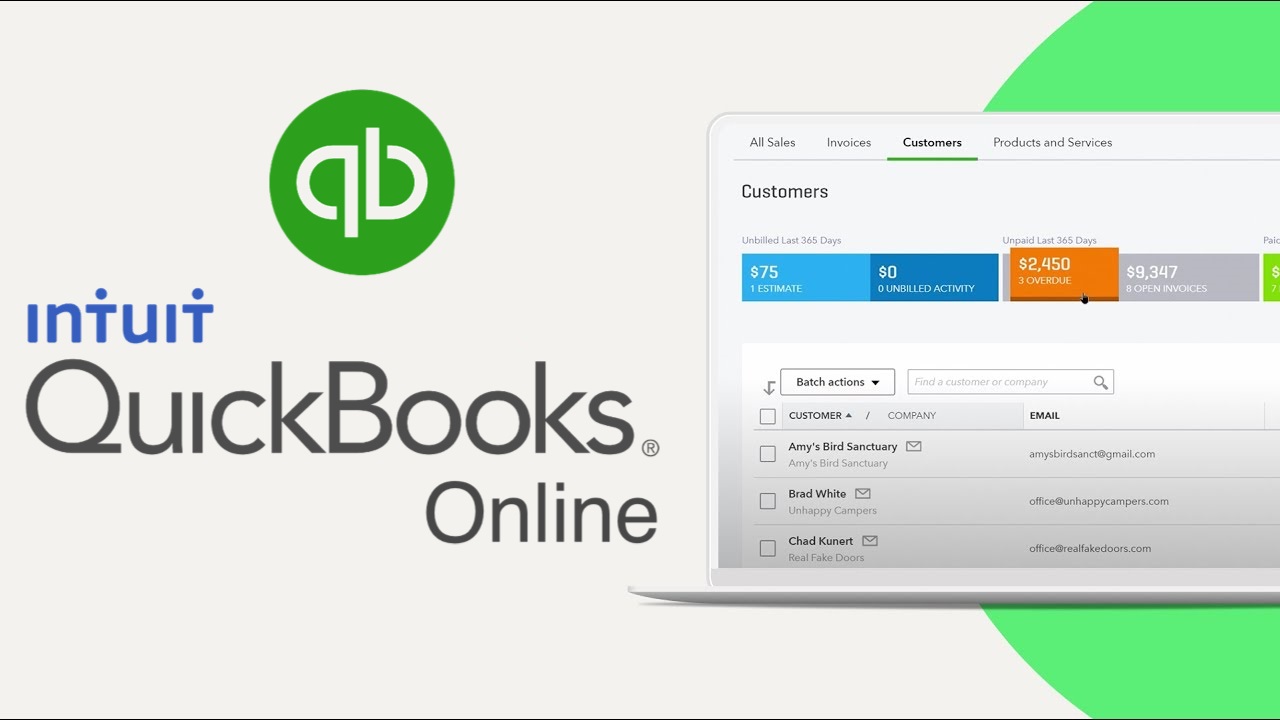How Much Does a CPA Cost? : Below article that covers everything you need to know about the cost of hiring a CPA.

Certified Public Accountants (CPAs) are professionals who have passed the Uniform CPA Exam and have met other state-specific requirements to obtain a license to practice accounting. CPAs are highly sought after by individuals and businesses for their expertise in accounting, tax preparation, and financial planning. However, one of the main concerns people have when considering hiring a CPA is how much it will cost. In this article, we will explore the various factors that can affect the cost of hiring a CPA and provide some insight into what you can expect to pay for their services.
Factors Affecting the Cost of a CPA
- Geographic Location
One of the biggest factors that can affect the cost of a CPA is the geographic location. CPAs in large cities and urban areas tend to charge more than those in rural areas. This is because the cost of living is generally higher in urban areas, and CPAs in these areas have to charge more to cover their expenses. For example, a CPA in New York City will typically charge more than a CPA in a small town in Texas.
- Level of Experience
The level of experience of the CPA is another factor that can affect the cost of their services. CPAs with more experience and a proven track record of success will typically charge more than those who are just starting out in their careers. This is because experienced CPAs have a wealth of knowledge and expertise that they can use to help their clients achieve their financial goals.
- Complexity of the Work
The complexity of the work that needs to be done can also affect the cost of a CPA. For example, if you are a small business owner with a few employees, your accounting needs will be less complex than those of a large corporation with thousands of employees. The more complex the work, the more time and effort a CPA will need to invest, and this will be reflected in their fees.
- Timeframe
The timeframe in which the work needs to be completed can also affect the cost of a CPA. If you need a CPA to help you file your tax returns at the last minute, you can expect to pay more than if you had hired them several months in advance. This is because the CPA will need to work quickly and efficiently to meet your deadline, which may require them to work overtime or hire additional staff.
- Scope of Services
The scope of services that you require from a CPA can also affect the cost. For example, if you need a CPA to prepare your tax returns, their fees will be different from if you need them to provide financial planning services or help you with bookkeeping. The more services you require, the higher the cost will be.
Also Read : Small Business Owner : How to Pay Yourself From an LLC.
Types of Fees Charged by CPAs
There are several types of fees that CPAs may charge for their services. The most common types of fees include:
- Hourly Rates
Many CPAs charge hourly rates for their services. Hourly rates vary depending on the geographic location, level of experience, and complexity of the work. On average, CPAs charge between $150 and $500 per hour. However, some CPAs may charge more or less than this range depending on the factors mentioned above.
- Fixed Fees
Some CPAs may charge fixed fees for their services. Fixed fees are predetermined prices that are agreed upon before the work begins. Fixed fees can be advantageous because they allow clients to budget their expenses and avoid any unexpected costs. Fixed fees may be charged for specific services, such as tax preparation or financial planning.
- Contingency Fees
Contingency fees are fees that are charged based on the outcome of a specific project or engagement. For example, a CPA may agree to prepare a tax return and charge a percentage of the tax refund received by the client. Contingency fees can be advantageous for clients because they only pay if they receive a positive outcome. However, not all CPAs offer contingency fees, and they are typically only used in certain circumstances.
- Retainer Fees
Retainer fees are fees that are paid upfront to secure the services of a CPA. Retainer fees are often used for ongoing services, such as bookkeeping or financial planning. The retainer fee is paid at the beginning of the engagement and is used to cover the cost of the CPA’s services over a specific period, such as a month or a year.
- Value-Based Fees
Value-based fees are fees that are based on the value that the CPA provides to the client. For example, a CPA may charge a percentage of the savings achieved through their financial planning services. Value-based fees can be advantageous because they align the CPA’s interests with those of the client, and they only pay for services that provide tangible value.
How Much Does a CPA Cost?
Now that we have explored the various factors that can affect the cost of hiring a CPA and the types of fees that they may charge, let’s take a closer look at how much a CPA may cost.
- Tax Preparation
Tax preparation is one of the most common services that CPAs provide. The cost of tax preparation can vary depending on the complexity of the return and the geographic location. On average, you can expect to pay between $250 and $750 for tax preparation services. However, if you have a more complex return, such as if you are self-employed or have multiple income streams, you can expect to pay more.
- Financial Planning
Financial planning is another service that CPAs may provide. Financial planning can include retirement planning, investment advice, and debt management. The cost of financial planning services can vary depending on the scope of the work and the geographic location. On average, you can expect to pay between $1,000 and $5,000 for financial planning services. However, if you have a more complex financial situation, you can expect to pay more.
- Bookkeeping
Bookkeeping is another service that CPAs may provide. Bookkeeping services can include tracking income and expenses, reconciling bank accounts, and preparing financial statements. The cost of bookkeeping services can vary depending on the complexity of the work and the geographic location. On average, you can expect to pay between $250 and $500 per month for bookkeeping services. However, if you have a more complex financial situation, you can expect to pay more.
- Audit Support
If you are facing an audit from the Internal Revenue Service (IRS), you may want to hire a CPA to provide audit support. The cost of audit support can vary depending on the scope of the work and the geographic location. On average, you can expect to pay between $200 and $500 per hour for audit support services. However, if you have a more complex audit, you can expect to pay more.
- Business Consulting
CPAs can also provide business consulting services, such as helping with mergers and acquisitions, business valuations, and financial forecasting. The cost of business consulting services can vary depending on the scope of the work and the geographic location. On average, you can expect to pay between $250 and $500 per hour for business consulting services. However, if you have a more complex project, you can expect to pay more.
Conclusion
Hiring a CPA can be a smart investment for individuals and businesses looking to manage their finances and ensure compliance with tax laws. The cost of hiring a CPA can vary depending on a variety of factors, including the scope of the work, the geographic location, and the type of fee structure used.
When hiring a CPA, it’s important to do your research and find a reputable professional who has the expertise and experience to meet your needs. You may want to consider getting quotes from multiple CPAs to compare costs and services.
Overall, the cost of hiring a CPA can range from a few hundred dollars for basic tax preparation services to several thousand dollars for more complex financial planning or business consulting projects. However, the benefits of working with a CPA can often outweigh the costs, as they can provide valuable guidance and expertise to help you achieve your financial goals.




